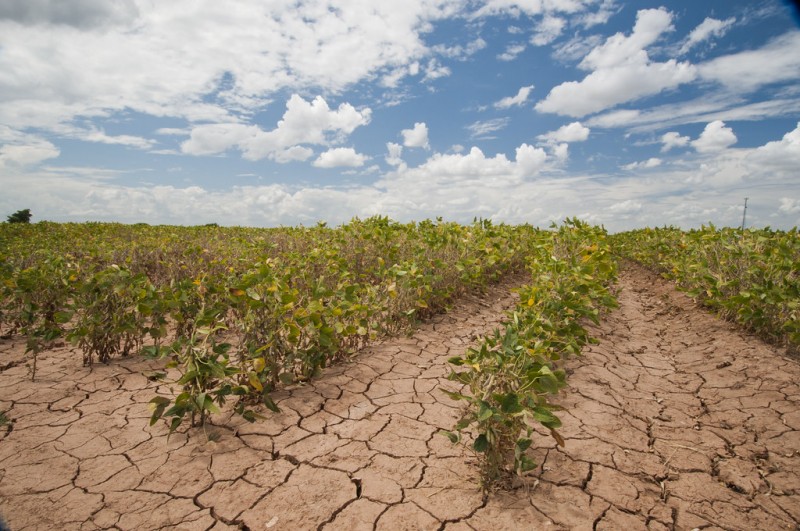
In a world facing increasing challenges from climate change, the need for drought-resistant crops has never been more pressing. These resilient plants hold the potential to secure our food supply and livelihoods in the face of changing weather patterns. In this article, we'll explore the importance of drought-resistant crops and the promising strides being made in agricultural science to develop them.
Drought is a natural disaster that disrupts ecosystems, threatens agriculture, and poses a significant risk to global food security. As rainfall patterns become increasingly erratic due to climate change, the frequency and intensity of droughts are on the rise. This spells trouble for the billions of people who depend on agriculture for their sustenance.
Drought-induced crop failures can lead to food shortages, malnutrition, and even famine in vulnerable regions. Millions of livelihoods are at stake, making the development of drought-resistant crops a matter of utmost importance.
Nature has already provided us with clues on how to create drought-resistant crops. Certain plants, like succulents and cacti, have evolved to thrive in arid conditions. Scientists are studying these natural survivors to unlock the secrets of their resilience.
Traditional farming practices from arid regions also offer valuable insights. Indigenous communities have cultivated drought-tolerant crops for generations, showcasing the power of local knowledge.
Advancements in genetic engineering have enabled scientists to directly manipulate a crop's DNA. This approach has shown promise in developing drought-resistant varieties by introducing genes from hardy plants.
Precision breeding techniques, such as CRISPR-Cas9, allow for more targeted genetic modifications. This precision reduces the risk of unintended consequences and accelerates the development of drought-resistant crops.
Maize, a staple crop in many parts of the world, is being genetically modified to withstand extended periods of water scarcity. This could safeguard the livelihoods of countless farmers.
Rice is a dietary staple for billions. Researchers are working on varieties that can thrive with less water, ensuring a stable food supply even in drought-prone regions.
Wheat is a global dietary cornerstone. Drought-resistant wheat varieties are being developed to protect against yield losses during dry spells.
Sorghum, a drought-resistant grain, is already a key crop in arid regions. Efforts are underway to enhance its drought tolerance further.
The development and adoption of genetically modified drought-resistant crops are not without controversy. Critics raise concerns about potential environmental impacts and unintended consequences.
The equitable distribution of drought-resistant crops and their benefits is a critical ethical concern. Ensuring that vulnerable communities have access to these innovations is vital.
Addressing the challenges of drought-resistant crop development requires international collaboration. Scientists, governments, and organizations must work together to find sustainable solutions.
Raising public awareness about the importance of drought-resistant crops and the science behind them can garner support for research and development efforts.
In the long term, combating climate change remains the ultimate solution to drought-related challenges. Reducing greenhouse gas emissions and promoting sustainable practices are crucial steps.
Drought-resistant crops offer hope in the face of a changing climate. These resilient plants have the potential to secure our food supply, protect livelihoods, and mitigate the devastating effects of drought. While challenges exist, science and collaboration can pave the way for a more resilient agricultural future.
Get nail art done during the festive season